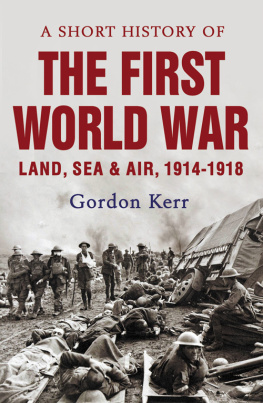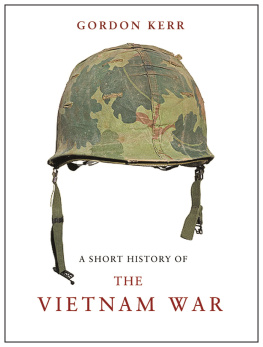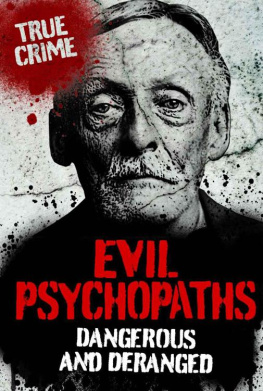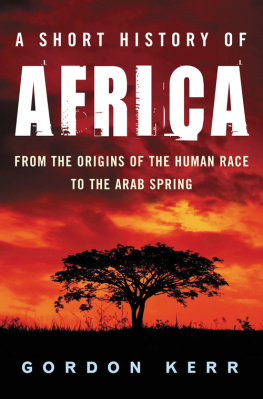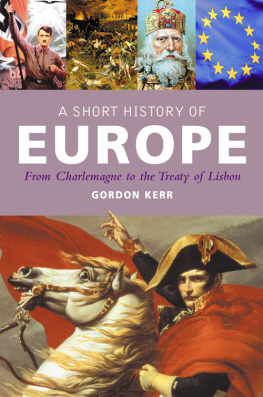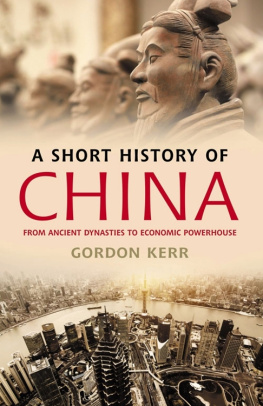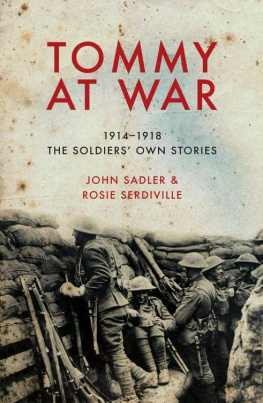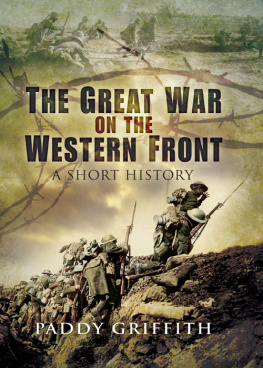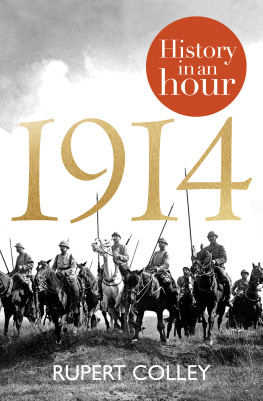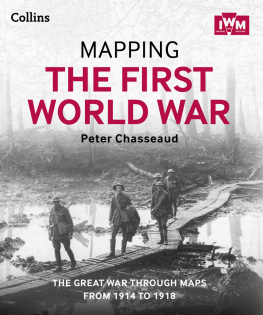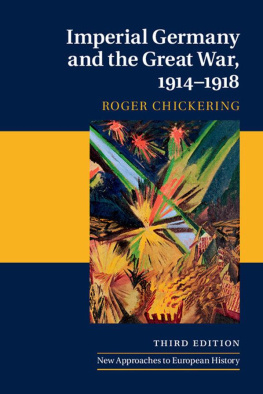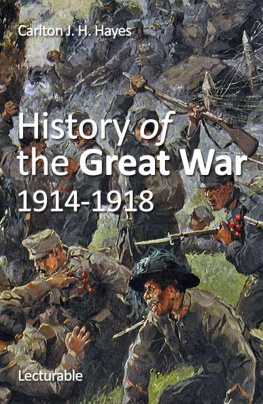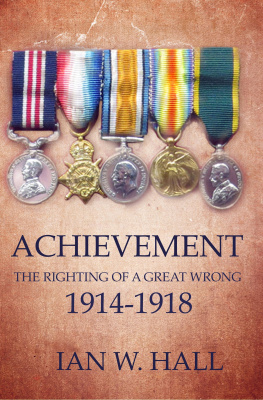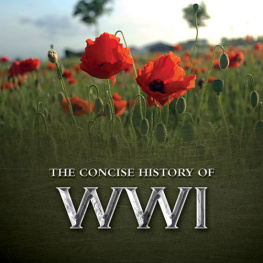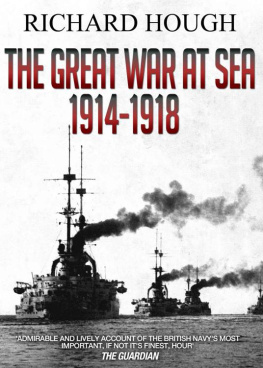The First World War, lasting just four years, from 1914 to 1918, was without parallel, the first true global conflict in which all of the earths great powers participated.
A Short History of the First World War tells the story of this cataclysmic event describing the background to war, the international rivalries and conflicts of the previous decades that led to the nations of Europe forming virtual armed camps, the relentless build-up of military and naval hardware that characterized the early years of the 20th century and the great figures that tried to prevent conflict or enthusiastically pushed for it.
A Short History of the First World War provides a superb introduction to the events of this epochal conflict at a time when the world will be commemorating the 100th anniversary of its outbreak and remembering the millions who lost their lives in it.

Gordon Kerr worked in bookselling and publishing before becoming a full-time writer. He is the author of several titles including A Short History of Europe and A Short History of Africa, A Short History of China, and A Short History of Brazil published by Pocket Essentials). He divides his time between Hampshire and South West France.

POCKET ESSENTIALS
Other Pocket Essentials by this Author:
A Short History of Europe
A Short History of Africa
A Short History of China
A Short History of Brazil
For my grandfather,
Joseph Bloomer (18921923);
a victim of the war
The War was decided in the first twenty days of fighting, and all that happened afterwards consisted in battles which, however formidable and devastating, were but desperate and vain appeals against the decision of Fate.
Winston Churchill
Contents
Introduction
It was one of the largest wars in history. As many as 70 million military personnel were mobilised, 10 million of them non-Europeans, and 16.5 million people lost their lives in it. It was also fought on a global scale. There had been other wars, of course, in which the conflict had spread across the world. Winston Churchill designated the Seven Years War the first world war; it was fought, after all, in Europe, North America, South America, Africa, India, and the Philippine Islands. The French Revolutionary Wars spread as far as the Middle East and there were clashes on the oceans of the world, while the Napoleonic Wars were fought in Europe and in other locations around the globe, including the West Indies and North America. The war we have come to know as the First World War or the Great War, as it was often called until the start of World War Two, was genuinely a world war, in the sense that amongst the belligerents were countries from as far away from Europe as Japan, the USA, Canada, Australia and New Zealand and fighting took place in China and on the worlds oceans.
This was a different type of war. For the first time, it was a conflict that was not fought purely on the battlefield. It also involved those at home, thousands of miles from the fighting. The concept of total war was invented to describe the new idea of an entire countrys economy being directed towards war, factories converted to produce munitions and weapons and people expected to endure terrible hardship as food supplies became increasingly limited. For Britain, the latter was a result of the German submarine campaign that attacked ships bringing supplies from the United States and Canada. On the other side, the extremely effective blockade of Germany by the Royal Navy was aimed at starving the German people into submission.
It was also a war characterised by new ways of fighting. The trench had featured in other conflicts, of course, but never on such a monumental scale, across such vast stretches of territory. For just over four years, men lived in the squalor and dreadful mud of those fortifications, engaged in a terrible stalemate in which thousands died for the gain of a few miles of territory invariably lost shortly after. The scale of the killing was, of course, staggering, a death toll that was made worse by the increasing technological and industrial sophistication of the participants. New and better weaponry was developed, and innovations such as the tank and combat aircraft changed the face of warfare. Old ways of fighting, like the cavalry charge, were consigned to the history books. Mounted soldiers had no answer for barbed wire, machine guns and rapid-fire rifles, and anyway, their use depended on a breakthrough in the enemy lines by infantry troops and that never really happened. The scale of the killing, some would argue, was also a result of callousness on the part of commanders on both sides. Lions led by donkeys is a phrase that has often been used to describe this, the lions being the brave troops and the donkeys being the allegedly incompetent and indifferent officers who sent them to their deaths. It is a view that has been supported over the years by a great deal of popular culture and can be seen in the musical Oh, What a Lovely War! or in the hugely popular BBC television comedy Blackadder Goes Forth . The work of war poets such as Wilfred Owen and Siegfried Sassoon and the novel All Quiet on the Western Front by Erich Maria Remarque, have added to this view. Others argue that these are stereotypes while admitting that mistakes were undoubtedly made not even British Prime Minister David Lloyd George could forgive the errors of judgement at Passchendaele, for instance.
What was the cause of such a war? There is little doubt that imperialism and nationalism contributed to a situation in which war was the only outcome. So too did the suspicions caused by a series of international alliances that had been created over the decades prior to 1914. In such a tense situation, with Germany and Britain also engaged in an ever-escalating arms race, it was obvious that it would not take much to drive the nations of Europe, and eventually the world, to war. The spark was the assassination of the heir to the Austro-Hungarian throne, Archduke Franz Ferdinand, by a Serbian national. It was all the excuse the Austrians needed to start the war and the nations of Europe quickly fell into line during July and August 1914.
It is vital, of course, that we study the First World War if only to understand how such conflicts start, but it also puts into context much of the twentieth century. The post-war world was a very different place. Frontiers had been re-drawn, nationalities had gained self-determination of a kind and centuries-old dynasties had crumbled. Attitudes, too, had changed. Peoples experiences during the war, whether those of soldiers on the front or of women who had taken the jobs of absent men, had changed their notions of where they fitted in the world and how they should respond to its challenges. It was a vastly different society that emerged from the war. The changes of that time still resonate now and although it began a hundred years ago, the First World War still has a great deal to teach us about how we live today.
1
The Inevitability of War
The old lie: Dulce et decorum est
Pro patria mori.
From Dulce et Decorum Est, by Wilfred Owen
Death in Sarajevo: 28 June 1914
In 1888, the wily German Chancellor, Otto von Bismarck (181598), predicted that, One day the great European War will come out of some damned foolish thing in the Balkans, and he was right. Several bullets fired by a young Bosnian Serb radical in Sarajevo were all it took to enflame the suspicions and hatreds that had built up amongst the nations of Europe for many decades.
Next page
